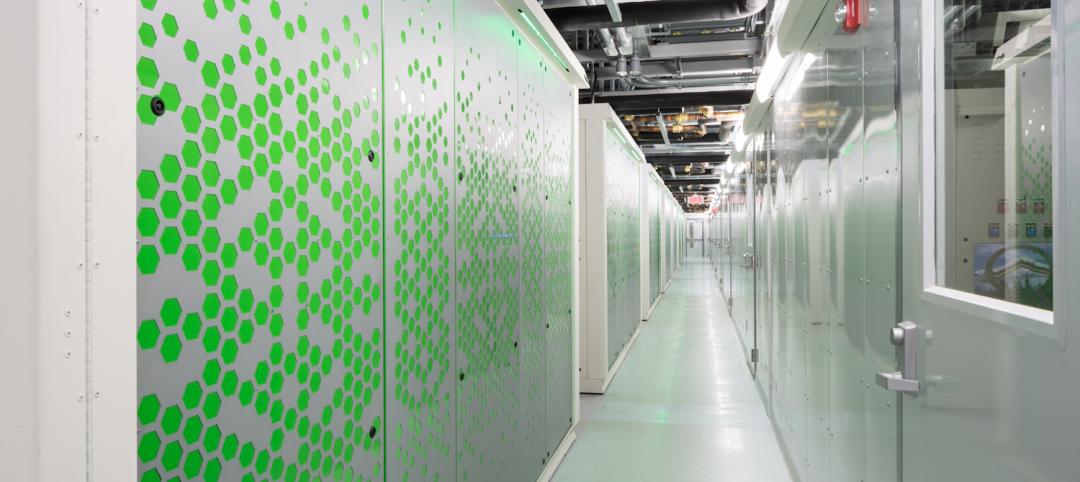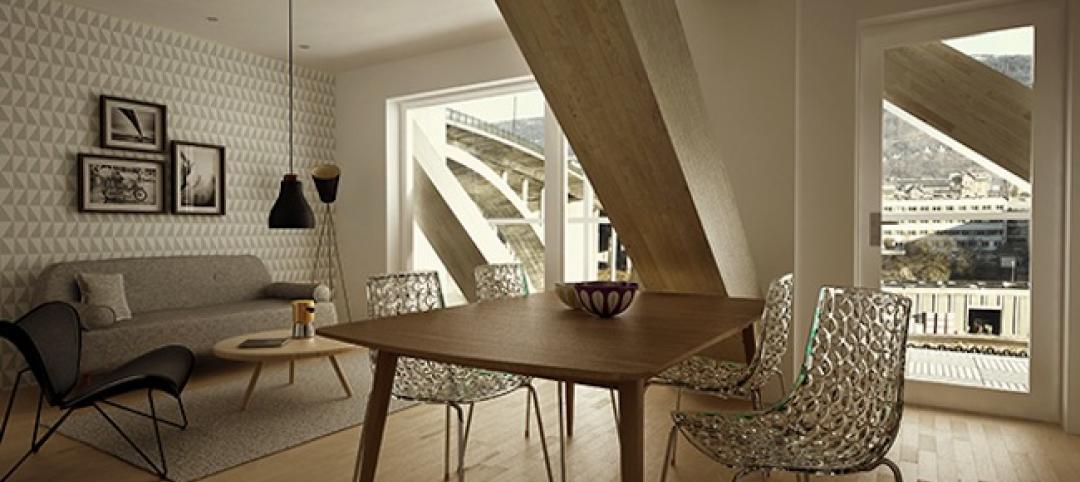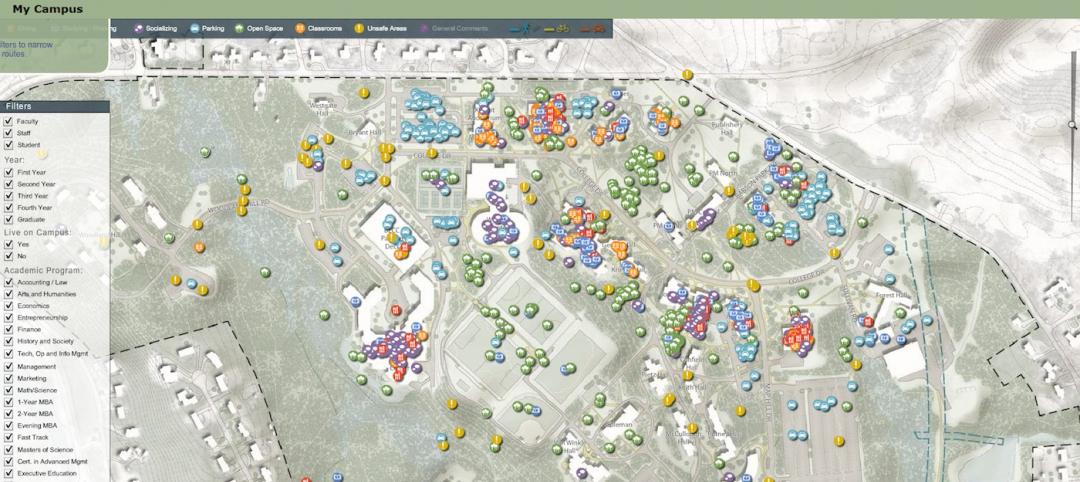In keeping with an aggressive business plan focused on software development for the construction industry, Autodesk has made two key acquisitions that it hopes will broaden its construction management platforms.
Today, the company says that it has completed its $875 million cash acquisition of PlanGrid, a seven-year-old startup based in San Francisco, which provides construction productivity software that enables GCs, subcontractors, and owners to have real-time access to project plans, digital blueprints, punch lists, work tasks, progress imagery, daily field reports, and submittals.
Also today, Autodesk discloses that it has signed a definitive agreement to acquire BuildingConnected for $275 million in net cash. San Francisco-based BuildingConnected was founded in 2012, and has grown to become the largest digital network of construction professionals, with more than 700,000 people in its database. Its cofounder Dustin DeVan had been a general contractor before starting the company, which currently has about 180 employees.
BuildingConnected helps owners and GCs find and hire qualified contractors for their projects. It moves Autodesk into preconstruction planning to help contractors decide which subs and suppliers to go with. It includes TradeTapp, a subcontractor risk analysis platform; and Bid Board Pro, a platform that helps subs manage and win more bids. BuildingConnected’s customers include such contractor giants as Turner, McCarthy, Mortenson, StructureTone, Skanska, Clark, Ryan Companies, and AECOM.
(Autodesk has taken a particular interest in developing products that get subs more involved earlier in projects. At its recent Autodesk University event in Las Vegas, Autodesk showcased its strategic alliance with eSub Construction Software, a cloud-based system of record for trades to plan and track their employees’ productivity. eSub is the field data component within Autodesk’s BIM 360 platform.)
Its latest acquisition “provides an opportunity for Autodesk and BuildingConnected to connect every business in the construction industry, becoming the definitive source of information throughout the sector,” says Jim Lynch, Vice President and General Manager, Autodesk Construction Solutions. “Our tools empower all stakeholders with greater visibility and better information to make immediate decisions. We’re excited about creating a robust digital marketplace for the global construction industry, helping to boost productivity, while lowering cost and risk.”

BuildingConnected has 700,000 trades in its database, and helps contractors select the best subs and suppliers for their projects. Image: Autodesk
A late bloomer when it comes to implementing technology, the construction sector is now embracing tech to help manage projects at a time when the industry is grappling with labor shortages and other factors that cause 70% of construction projects to be delivered late and/or over budget.
Capturing, analyzing, and disseminating design- and construction-related data are the primary objectives of Autodesk’s product development and expansion strategies. “We are trying to completely digitize the construction process all the way from design to build,” Andrew Anagnost, Autodesk’s evangelical CEO, tells Forbes. “With the completion of [the purchase of] BuildingConnected, we feel we have acquired all the important assets we need to acquire.”
Clayco, the design-build firm, chose Autodesk BIM 360 and PlanGrid to help digitize each step of the construction process in order to accelerate project delivery, reduce risk and increase productivity. “I’m excited to see how Autodesk and PlanGrid will work together to encourage collaboration between the project team and owners from the time a building is conceived, all the way through to handover,” says Bob Clark, Clayco’s founder and CEO.
Autodesk expects PlanGrid to contribute approximately $100 million in annual recurring revenue. Autodesk does not project any ARR from its acquisition of BuildingConnected.
Related Stories
| May 22, 2014
Facebook, Telus push the limits of energy efficiency with new data centers
Building Teams are employing a range of creative solutions—from evaporative cooling to novel hot/cold-aisle configurations to heat recovery schemes—in an effort to slash energy and water demand.
| May 15, 2014
'Virtually indestructible': Utah architect applies thin-shell dome concept for safer schools
At $94 a square foot and "virtually indestructible," some school districts in Utah are opting to build concrete dome schools in lieu of traditional structures.
| May 13, 2014
19 industry groups team to promote resilient planning and building materials
The industry associations, with more than 700,000 members generating almost $1 trillion in GDP, have issued a joint statement on resilience, pushing design and building solutions for disaster mitigation.
| May 12, 2014
Defining BIM – What do owners really want?
Given the complexities of the building process, it can be difficult for building owners to effectively communicate what they want and need with BIM. The response to the question usually is, “Give me everything.”
| May 2, 2014
Norwegian modular project set to be world's tallest timber-frame apartment building [slideshow]
A 14-story luxury apartment block in central Bergen, Norway, will be the world's tallest timber-framed multifamily project, at 49 meters (160 feet).
| May 1, 2014
Super BIM: 7 award-winning BIM/VDC-driven projects
Thom Mayne's Perot Museum of Nature and Science and Anaheim's new intermodal center are among the 2014 AIA TAP BIM Award winners.
| May 1, 2014
Chinese spec 'world's fastest' elevators for supertall project
Hitachi Elevator Co. will build and install 95 elevators—including two that the manufacturer labels as the "world's fastest"—for the Kohn Pedersen Fox-designed Guangzhou CTF Finance Center.
| Apr 23, 2014
Ahead of the crowd: How architects can utilize crowdsourcing for project planning
Advanced methods of data collection, applied both prior to design and after opening, are bringing a new focus to the entire planning process.
| Apr 23, 2014
Developers change gears at Atlantic Yards after high-rise modular proves difficult
At 32 stories, the B2 residential tower at Atlantic Yards has been widely lauded as a bellwether for modular construction. But only five floors have been completed in 18 months.
















